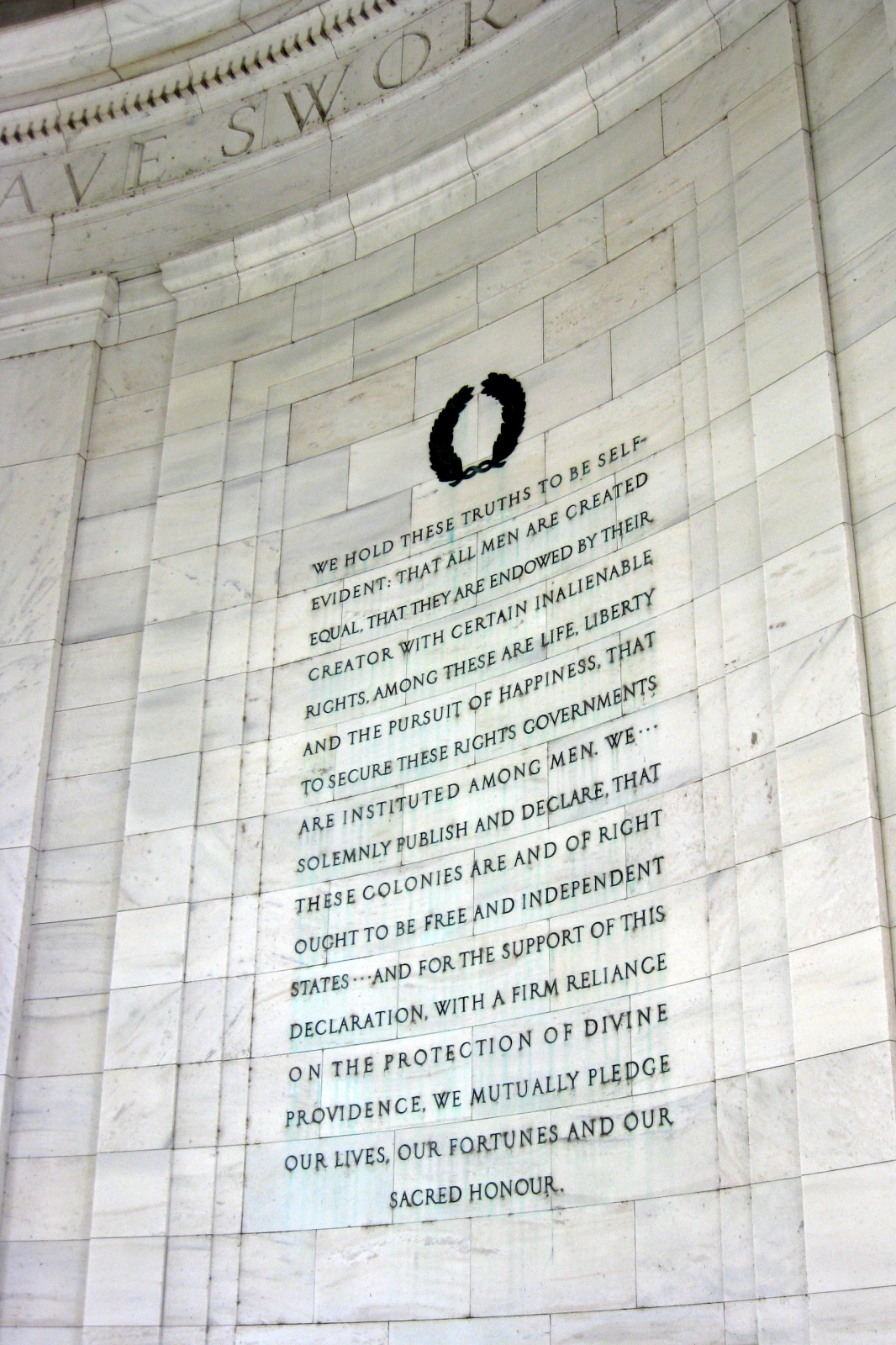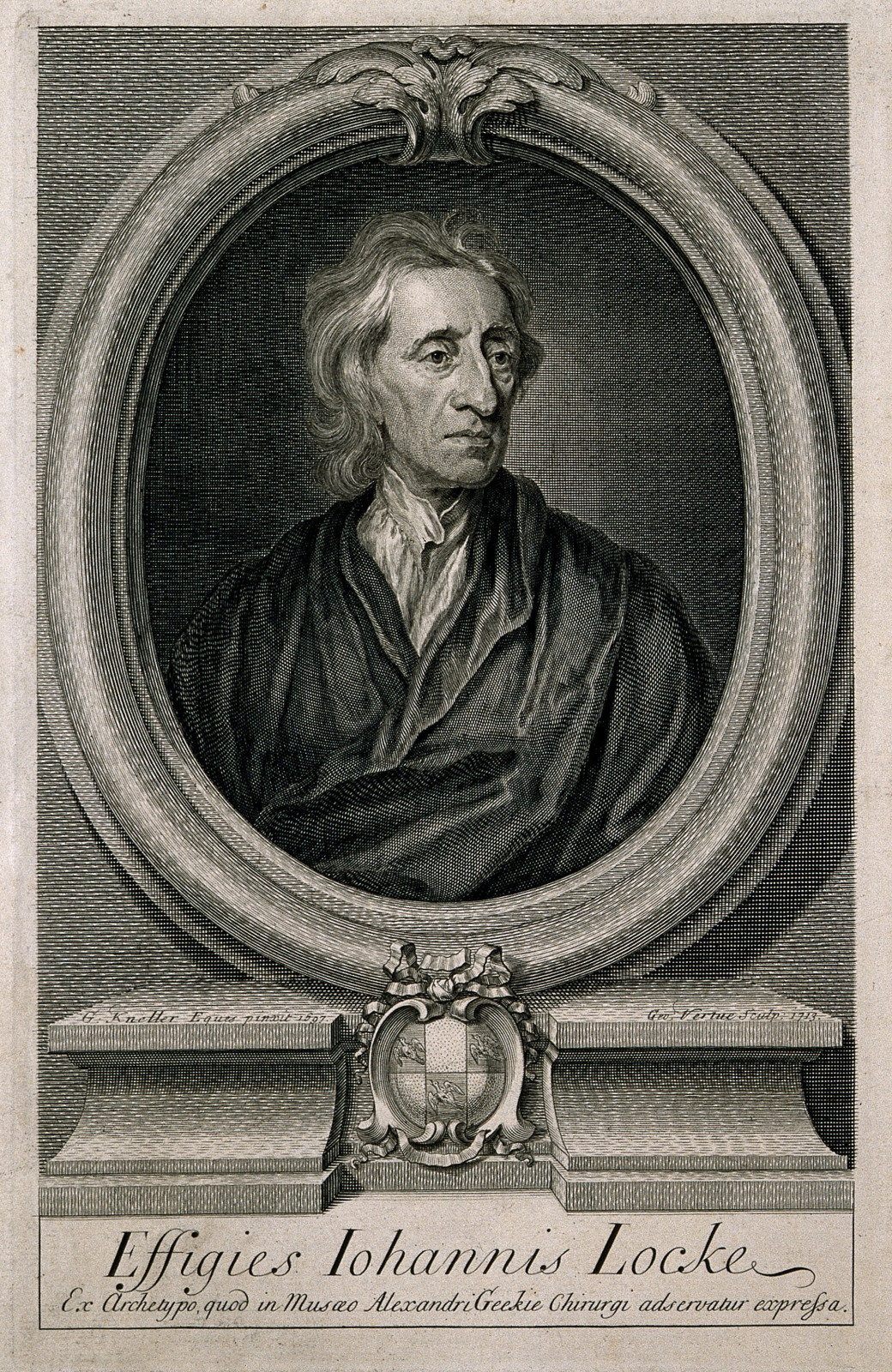John Locke on Education
by Andy Boyd
Today, beyond mere learning. The University of Houston presents this series about the machines that make our civilization run, and the people whose ingenuity created them.
When we think of John Locke, we typically think of his contributions to philosophy, both epistemological and political. His treatise The Limits of Human Understandingdelved deeply into what the human brain is capable of. His political philosophy came about from living in late seventeenth century England, where he spoke out in favor of parliamentary power over that of a monarch. Thomas Jefferson was intimately familiar with Locke's political philosophy. The phrase "life, liberty, and the pursuit of happiness" in the Declaration of Independence can be traced to the writings of Locke.

Photo Credit: Flickr
But today we take a look at one of his lesser known works, enaltd Some Thoughts Concerning Education. It isn't so much a treatise as it is a lengthy manual for teaching children. It's based on a series of letters sent to a close friend.
In its pages we find an odd assortment of recommendations. Locke wasn't interested in educational systems like we are today, but in instructing parents how to rear their children. Fully the first tenth of the book is devoted to health - how hard the child's bed should be, how warm the clothing. Locke even includes a detailed discussion about maintaining a child's regularity. Health was important to Locke because it affected the ability to learn.
And not just physical health, but mental health, or rather, mental outlook. Locke proceeds by addressing a laundry list of character traits that must be carefully nurtured in a child. Self-denial. Fortitude. Diligence. Civility. Decency. Finally, after two-hundred pages - more than two-thirds of the book - we arrive at a discussion of learning in the more traditional sense. And the late placement isn't an accident. As Locke points out, learning is the "least part" of a child's education.
The book is strange and yet at the same time inevitable. Locke's philosophy of mind viewed the brain as a blank slate - a tabula rasa - upon which a person's experiences were etched. Within this framework a child was the creation of what he or she encountered growing up, so a well-rounded education was vital. And Locke's political philosophy, based on human equality and a representative government, required individuals worthy of representing society. "That which every gentleman ... desires for his son," wrote Locke, "is contained ... in these four things: virtue, wisdom, breeding and learning."

Photo Credit: Wikimedia
Locke was clearly writing for seventeenth century gentry. But the ideals he articulated still resonate. And among these ideals, one clearly stood out for Locke. "I place virtue as the first and most necessary of those endowments that belong to a man," he wrote, "... as absolutely requisite to make him valued and beloved by others, acceptable or tolerable to himself. Without that, I think, he will be happy neither in this nor the other world."
I'm Andy Boyd at the University of Houston, where we're interested in the way inventive minds work.
(Theme music)
For a related episode, see KANT'S CRITIQUE OF PURE REASON.
An online copy of Some Thoughts Concerning Education, without pages, was used in preparation of this essay. The work contained 78,000 words, and a factor of 250 words/page was used to calculate "a number of pages for the book." The purpose for doing so was make the size of the work more comprehensible for listeners, who more commonly think of pages than words.
John Locke. Some Thoughts Concerning Education. 1969. From the Fordham University Modern History website. Accessed April 28, 2017.
John Locke. From the website of the Stanford Encyclopedia of Philosophy. Accessed April 28, 2017.